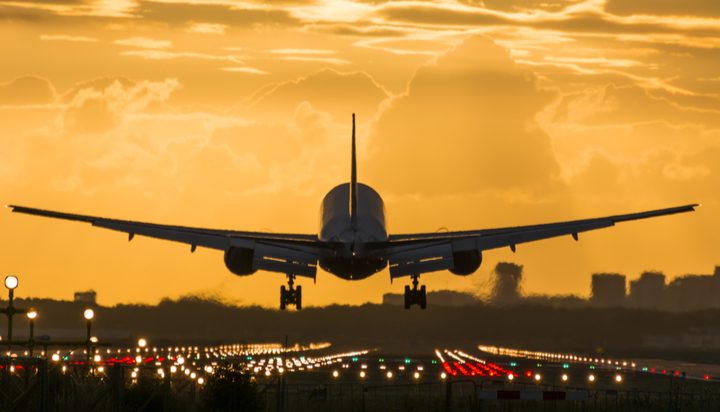Tuesday 12 July 2022
Aviation makes up 7% of UK emissions – how do we slash this?

Aviation makes up 7% of the UK’s overall carbon emissions but this needs to drop heavily if net zero by 2050 is to remain a reality.
That’s according to new analysis by PwC, claiming that the UK boasts the third-largest aerospace market in the world and because of this needs to play a critical role in lowering the use of fossil fuels in the sector.
Aerospace contributes £35 billion to the country’s GDP and is responsible as an entire sector for 1.9% of global greenhouse gas emissions.
Fiscal policy is the main barrier that needs to change for the industry to decarbonise at scale, the report claims.
Emission trading schemes and carbon offsets are critical in the short-term to quashing emissions, it stresses, with technology development, investment and tax regulations touted as the answers in the long-term.
Governments providing subsidies for sustainable research and manufacturing will be paramount in not only progressing the decarbonisation of industry but getting airlines on side.
Market-based measures are deemed a key answer in swaying the big industry players to support the green transition. The EU defines these as “instruments designed to address the climate impact of aviation, beyond what operational and technological measures or sustainable aviation fuels can achieve.”
Author of the report, Amal Larhild from PwC, said: “There is no single policy measure in place that is sufficient enough to support [the aviation sector] in this climate transition challenge.
“It’s vital that a combination of measures that can best balance the costs to the industry and consumers with the environmental benefits of decarbonisation is secured swiftly.
“Without it, aviation may fail to get far enough off the ground to make the impact required or expected by their passengers and investors.”




